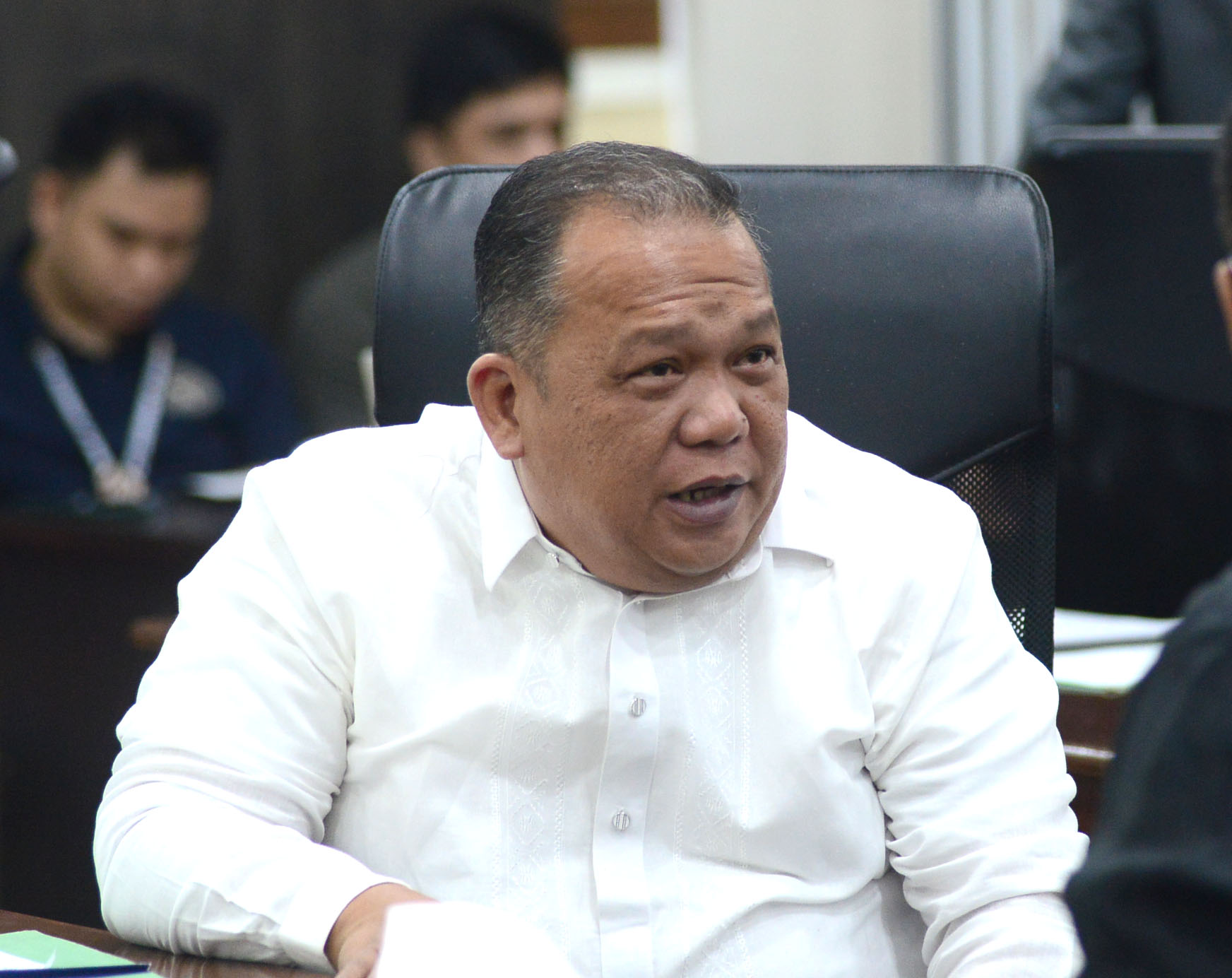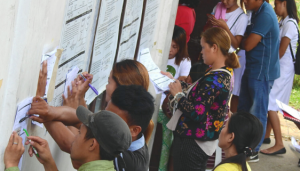- Lawmaker wants answers over subdivision’s drinking water complaints
REPRESENTATIVES of Sta. Lucia Land Inc. were summoned to appear on the Nov. 14 regular session to address the complaints regarding the alleged safety of the water supply of one of its subdivisions.
Councilor Edgar P. Ibuyan Jr. said his office received a complaint about molds being present in the potable water in the subdivision.
“Because they did not let the Davao City Water District (DCWD) take over the supply in the areas they have developed,” Ibuyan Jr. said in his privilege speech during the 41st regular session on Nov. 7.
He said the developer failed to act on the turnover of water supply management to DCWD, which already finished its inspection.
“As a public servant and Davaeno, I am demanding answers and accountability from Sta. Lucia Land,” he added.
He said the developer must answer for failing to turn over the water service to DCWD, whether residents from all their developments experience similar issues, if the developer secured a certification of water supply, and whether they report collection of water fees from residents.
The councilor also questioned whether the developer paid taxes properly.
He also questioned if the developer had already secured a Water Resource Clearance from the Water Resource Management Council as stipulated in Art. 19 of the Water Resource Management and Protection Code of Davao City.
“All subdivisions or mass housing projects undertaken within water resource areas shall conform with the provisions of existing laws xxx All plans and specifications of water, plumbing, and sanitary systems of subdivisions, housing projects, commercial, and industrial structures, prior to the construction period, shall be submitted to the Council for review, and approval of the concerned agency upon the recommendation of the Council,” the article read.
The councilor warned all developers to comply with requirements and standards, not only limited to the development permit, preliminary approval and locational clearance, DCWD certification for water supply, and water resource clearance.
Failure to comply with any provision of the Water Resource Management and Protection Code of Davao City “shall be punished by imprisonment not exceeding One (1) Year, or a fine not exceeding Five Thousand Pesos (P 5,000.00) or both at the discretion of the Court.”
As stated in the Comprehensive Land Use Plan (CLUP) of 2019-2028, Section 67, any person who shall perform pre-development or pre-construction of a project in any area or land without locational clearance or Preliminary Subdivision Development Plan (PSDP) and/or Development Permit (DP) shall face an administrative penalty of Five Hundred Pesos (P500.00) per day from the start of any activity determined by the Zoning Administrator.
Offenders of the ordinance could also be punished with a fine not exceeding Five Thousand Pesos (P5,000.00) or imprisonment not exceeding one (1) year or both at the discretion of the Court as stated in CLUP 2019-2028, Section 68.
“Aside from that, if, God forbid, a resident’s health was put at risk because of the poor quality of water that they provide, how will they take accountability? Are they only going to take action when it’s too late? Why can’t they take preventive measures and ensure the welfare of their residents by complying with the requirements and standards set by the law?” the councilor stressed.
The councilor recalled that during the 11th regular session on March 21, the developer also applied for Sanggunian approval but was denied due to “blatant disregard” for the Comprehensive Zoning Ordinance of Davao City when the developer conducted a “pre-developments prior to the approval of the Preliminary Approval and Locational Clearance (PALC) and Development Permit (DP).” Regardless of the decision of the body, the developer proceeded with the construction.
Apart from Sta. Lucia, the council secretariat also invited the DCWD and the Department of Human Settlements and Urban Development (DHSUD) to the next session to address said issues.






